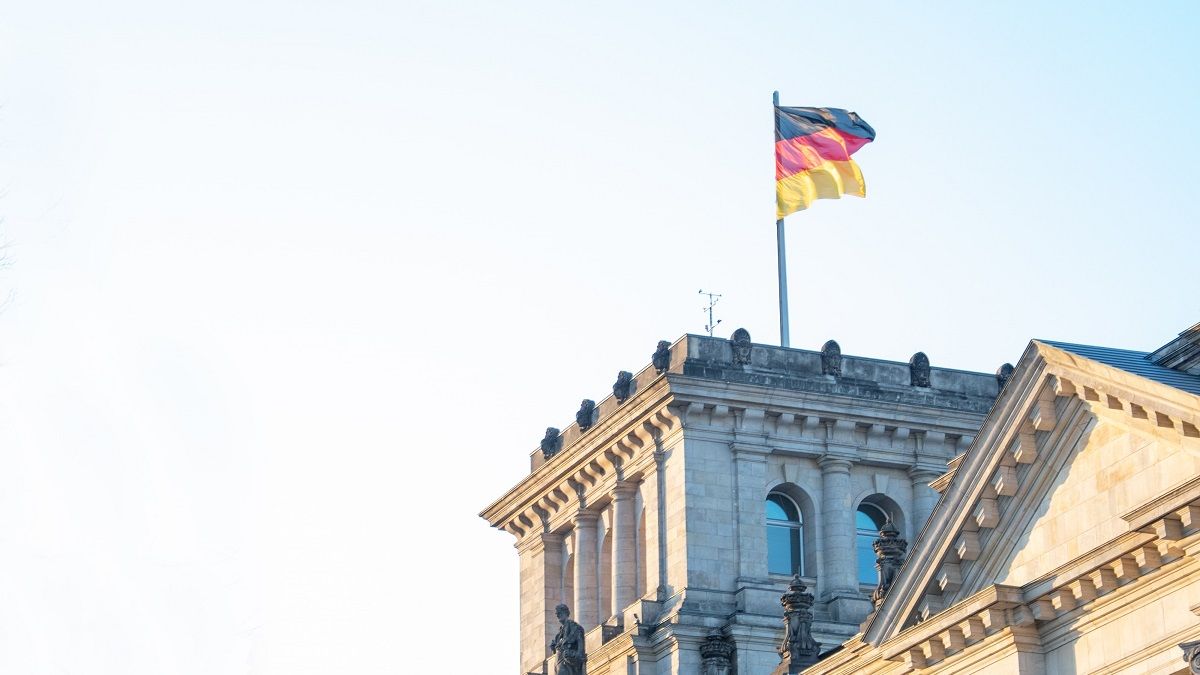German businesses are “significantly” reducing their investment plans, according to the latest economic survey from the country’s ifo Institute.
The Munich-based organisation said the investment climate within Germany had “deteriorated noticeably” as a result of higher financing costs, weak demand and uncertainty around economic policy. Companies that specialise in trade, it said, were the most pessimistic, with an increasing amount looking to cut their investment expenditure.
“For the current year, investment expectations fell from plus 3.7 points to minus 3.5 points, plunging to minus 14.6 points for 2024,” ifo noted. “Service providers have also slashed their plans for the current year, with investment expectations dropping from plus 13.6 points to plus 1.0 points. In the year ahead, they intend to invest only slightly more than this year, with a balance of plus 2.3 points.”
The points for the ifo investment expectations indicate the percentage of companies that intend to increase their investments on balance. The balance is obtained by subtracting the percentage of companies that want to reduce their investments from the percentage that want to increase their investments.
This sense of foreboding has also been underlined by the latest AHK World Business Outlook, released last month. Then, 22% of German firms expected a better economic development – well below the 28% that were expecting a downturn.
FDI silver lining
There is something of a silver lining – according to the International Trade Council, quoting figures from Germany Trade & Invest, the country remains highly attractive for foreign direct investment in Europe.
Said the International Trade Council this week: “While the number of foreign companies settling in the country is expected to decrease by nearly 20% in 2023, Germany maintains its status as Europe’s top choice for FDI.
“Although the quantity of foreign investments may have dipped, the pledged investments in Germany have seen an increase in value compared to previous years. Notably, energy giant BP has committed to investing €6.8bn in two North Sea wind farms, underlining Germany’s attractiveness for renewable energy projects. In addition to BP’s significant commitment, plans for the construction of three data centres in Berlin, Brandenburg, and Hanau were announced, each expected to exceed €1bn in investment.”
One of the driving factors for the appeal to potential investors, the council added, was the country’s growing availability of renewable energy, although it also warned high energy prices could stall investment.







